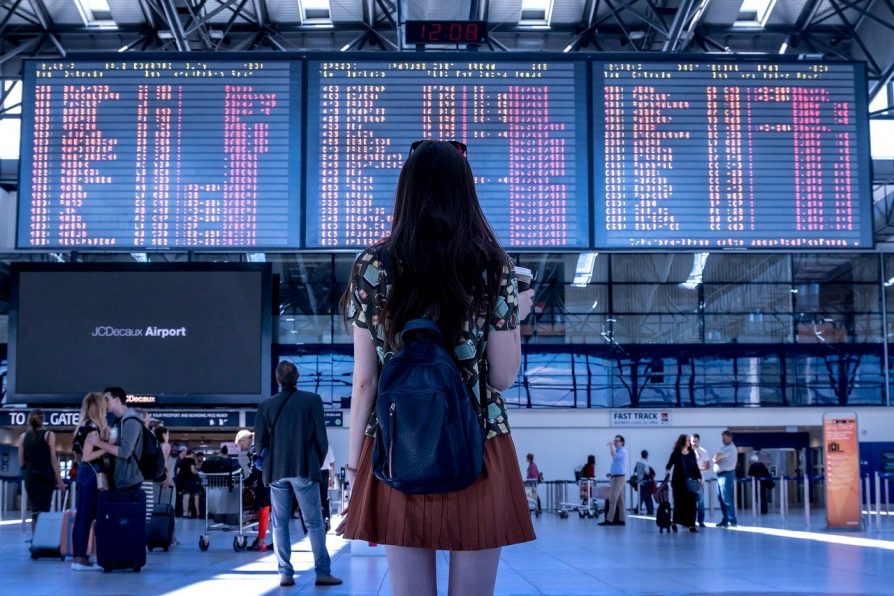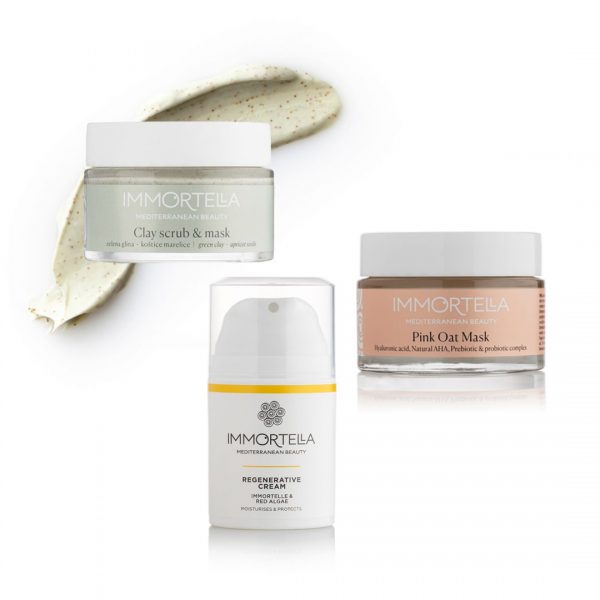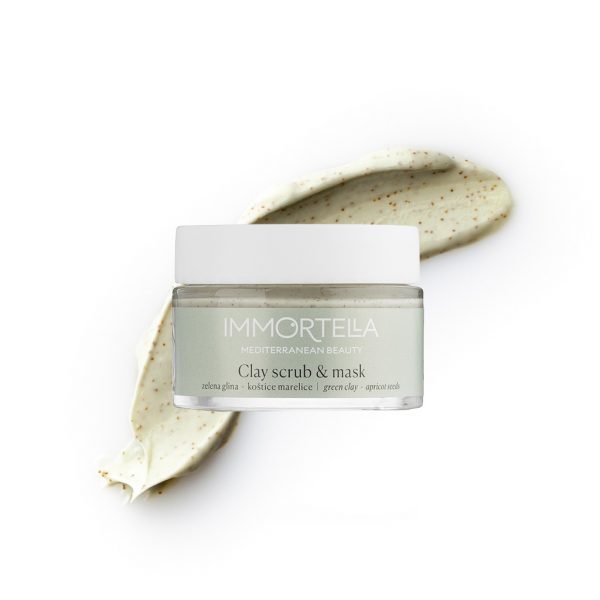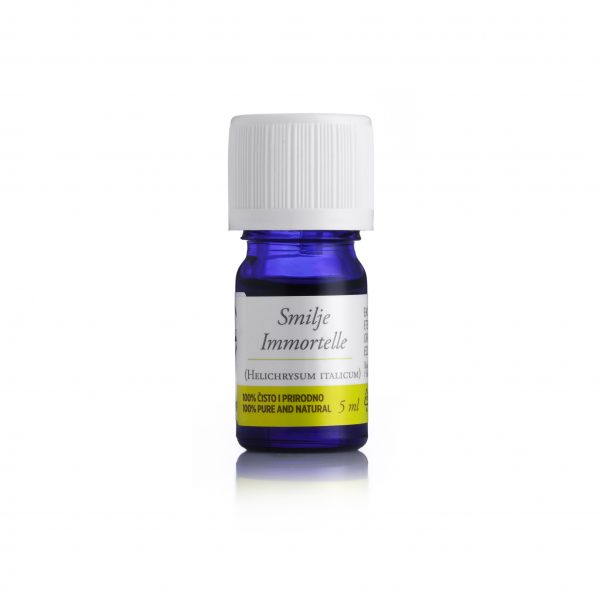The tourism sector is currently one of the hardest-hit by the outbreak of COVID-19, with impacts on both travel supply and demand. This represents an added downside risk in the context of a weaker world economy, geopolitical, social and trade tensions, as well as uneven performance among major outbound travel markets.
Personal responsibility is the most important step that people can take to protect themselves and others. Travelers should familiarize themselves with the basic prevention practices that apply while travelling and in daily life.
Advice if you are travelling:
- Check the FCO country information pages for the latest status, travel health recommendations and restrictions for your destination
- If you are elderly or have pre-existing health conditions, you should consider not travelling
- Consult your travel insurer to ensure you will be covered incase you become sick whilst on holiday.
- You can also consult all suppliers, such as the airline or tour operator, for the latest travel information
- Many airports will have stricter screening methods in-place. This may also be true upon arrival back in the UK and you might be told to self-isolate even if you do not have any symptoms
Advice to prevent the spread of Coronavirus:
- Wash your hands regularly for at least 20 seconds. Carry a hand sanitiser with you that contains at least 60% alcohol and use it regularly, especially after using public transport
- Do not touch you nose, eyes or mouth if you haven’t washed your hands
- Avoid contact with people who are sick
- Stay home if you feel unwell or are showing symptoms
- If you sneeze or cough, cover your mouth with a tissue, dispose of the tissue and immediately wash your hands
- Regularly disinfect heavily used items or surfaces in your home and at work

























